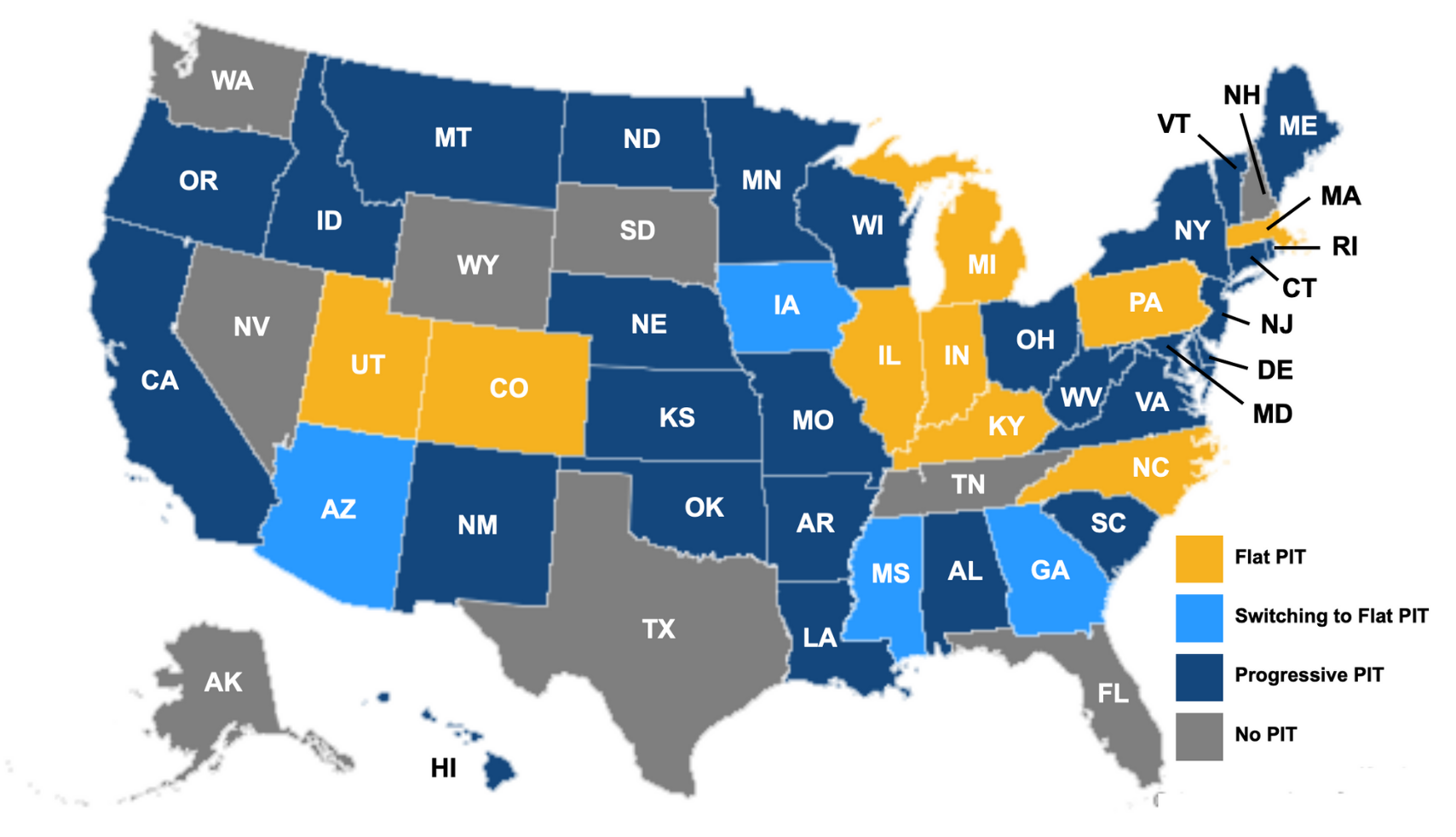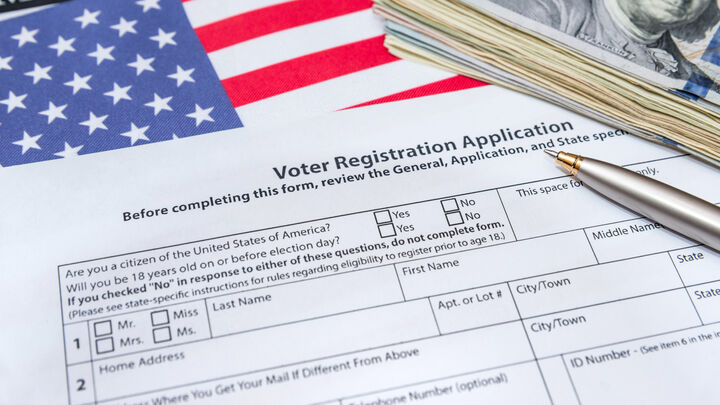The Problem
The goal of Wisconsin’s public education system should be to set students up for success in life as they enter society through their communities and the workforce. Unfortunately for many high school students, Wisconsin’s public education system is failing them on some absolutely necessary life skills known as “soft skills.” Soft skills are the life skills that many Wisconsin employers are finding their young job applicants almost entirely lack: respect (keeping eye contact, good listening skills, etc.); responsibility (showing up for work, promptness, etc.); and communication (good social skills, etc.).
Along with other reasons, an increasing emphasis on extracurricular activities and homework for good grades and competitive college applications, high school students today are the “least working” generation in American history. While spending more time at school and less time working, students are missing out on the soft skills they might have learned in previous generations where an emphasis on hard work and getting a job were promoted both at home and in the school.
The Solution
Some Wisconsin high schools are tackling this problem with “soft skills report cards.” These report cards are not part of the student’s official transcript but they give students, parents, teachers and future employers a tool to evaluate a student’s readiness to enter the workforce and society. The Milwaukee charter school, Tenor High, teaches four categories to their students: responsibility, respect, relationships and citizenship—focusing on building specific skills under each category that will help students achieve success. Plymouth High School partners with local employers who use their soft skills report cards to help hire students.
While some schools are addressing this problem on their own, many are failing students on these vital skills needed for their future success. A soft skills report card for high school students is a step in the right direction, in addition to encouragement from the state for K-12 schools to start incorporating soft skill training into their existing curriculum if they have not already done so. In addition, courses that teach things like financial literacy and resume building should be required for high school graduation. Schools should work with local chambers of commerce to build student relationships with local employers through field trips, class visits and mock interviews.
This effort will require buy-in from the school board down to the classroom teacher, from parents to local employers. A community-wide effort is needed to truly set Wisconsin students up for success, but the state must lead the way. Wisconsin’s public education system needs to improve its academic standards in concert with an emphasis on the life skills students need to succeed in a diverse, democratic and competitive free-market society.













